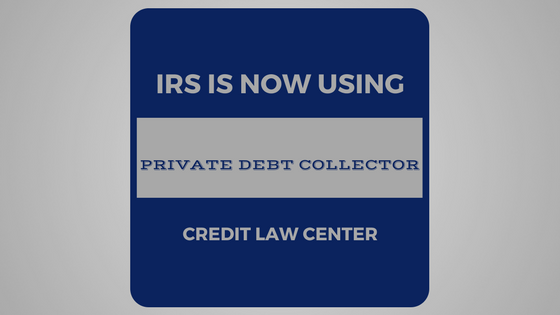The IRS just made it harder to tell if you are getting scammed. Prior to April of 2017, getting a call from someone claiming you owed money to the IRS, you could have bet on it being a scam. As of April 2017 the IRS began using private debt collectors to collect on certain overdue federal tax debts. Taxpayers with an IRS debt that is more than two years old may be hearing from the IRS about their tax account being transferred to a private debt collector. These debt collectors will be working on accounts where the IRS has previously attempted to collect the debt and is no longer currently working the account.
IRS and Private Debt Collector Plan
The IRS will send the taxpayer and their representative a written notice that the account has been transferred to the private debt collector. The private agency will send a second letter to the taxpayer and their representative confirming the transfer. Both letters will include the taxpayers name, amount owed and the authentication code. The IRS has contracted four separate private debt collection agencies to assist with this process: CBE, ConServe, Performant, and Pioneer. These private collection agencies all will be able to identify themselves and must follow the the provisions of the Fair Debt Collections Practices Act and must be courteous and respect taxpayer rights.
How to Tell you are dealing with a Real Private Debt Collector
The private collection agency working with the IRS will never ask you to pay them directly by using a check, debit or credit card. They will suggest you pay electronically at IRS.gov/payments, or mail a check directly to the IRS.
The debt Collector working with the IRS will never use robocalls or prerecorded messages, therefore it will always be a live representative.
The representative will always use the authentication number that is referenced in your letters.
If you are unsure if you have a balance owed, you may check your balance at IRS.gov/balancedue

